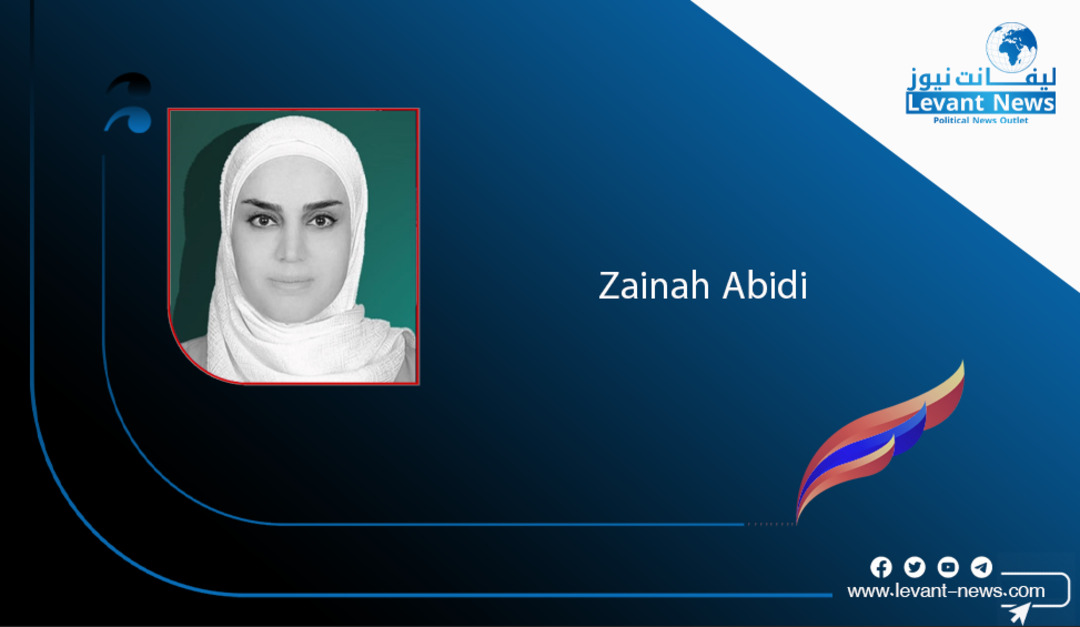-
Political Decentralization in Syria: Kurdish Perspectives and the National Vision

Since the outbreak of the Syrian crisis in 2011, accompanied by profound transformations in the country's structure, including the derailment of the political process, the Kurdish file has become one of the most complex, difficult, and sensitive issues. Their genuine vision for governance considers an administrative model based on inclusive decentralization and power-sharing as a means to salvage the collapsing and fragmented Syria, with dialogues centered around potential future governance alternatives.
In this context, the Kurds emerged during the transitional phase after the fall of the Assad regime as a significant social, military, and political force, and as one of the main components of the Syrian national fabric within the broader project of building the Syrian state. This contrasts with their limited political presence over decades under the Ba'athist regimes, which were characterized by central policies of exclusion and marginalization.
The Kurds propose a decentralization project—which they see as a form of federalism—as the best option not only for the Kurds but for all segments of Syria. This model faces a crossroads: either it becomes a framework for genuine, participatory democracy that respects the rights of all Syrian components and reorganizes the relationship between the center and the periphery, or it remains a subject of political disputes, as now, driven by internal fears of division, or opposition from some regional powers disputing any form of governance that threatens Syrian unity.
A Political Project
Since the Syrian crisis began, the Kurds have sought to craft a real political vision that extends to establishing a new governance system based on political decentralization, moving beyond traditional demands like recognition of Kurdish identity and civil rights. This formulation and its development stem from in-depth, comprehensive studies of previous regimes—particularly the despotic and rigid central rule that marginalized all groups by denying justice in resource and power distribution.
Decentralization is viewed as a genuine guarantee of Kurdish political, cultural, and linguistic rights, forming a constitutional framework that enables them to manage their affairs while maintaining Syria’s territorial integrity. Although initially proposed by Kurdish forces, this project is intended as a comprehensive option for everyone, representing a Syrian-wide solution without exclusion. An example close to this vision is the model of democratic self-administration in Rojava (North and East Syria), which encompasses diverse identities representing the region’s components.
The Kurds advocate for this federalism-like model in Syria, drawing on successful international experiences that demonstrate it does not signify collapse or disintegration within a single state but rather stability and balance—similar to the Kurdistan Region of Iraq (South Kurdistan), which now enjoys broad powers ensuring rights for all its citizens, and the stable Swiss and German federal systems, which have maintained their unity despite immense diversity.
In my opinion, political decentralization is the most effective and radical solution to Syria’s governance crisis. It offers an alternative to the suffocating central rule, which has caused severe crises within Syrian society. It is a tool to reduce conflicts and ethnic, sectarian, and religious disputes, fostering a more balanced societal contract that involves and empowers Syrians of all affiliations and identities—an ongoing challenge that still prevents many from playing their true role in political decision-making.
Practical Challenges
The transitional authorities in Syria currently perceive the idea of political decentralization or federalism as a division of Syria, thus rejecting it. This stance reflects a steadfast commitment to centralism, which has plagued the Syrian state for long periods, often expressed in official rhetoric claiming “a united Syria” and working towards its unification, without genuine acknowledgment of Kurdish national rights or those of other groups.
Widespread fears exist among some political forces that implementing decentralization or federalism will truly divide the country. Additionally, there is concern from some components such as Arabs, Assyrians, Syriacs, Turks, and others, that they will lose privileges or that their rights will be compromised. The near absence of awareness campaigns explaining federal concepts and related terms contributes to confusion and makes this topic a taboo or non-discussable subject among many Syrians.
The constitutional and legal foundation is crucial for any decentralization or federal project. Syria currently lacks this foundation, making its implementation challenging. The existing Syrian constitution does not reference decentralization or federalism, and state administrative and judicial institutions are not designed on such principles, requiring a comprehensive constitutional overhaul—defining powers between the center and regions, adopting a new constitution based on citizenship, pluralism, and recognition of existing identities, and establishing legal mechanisms to ensure local authorities’ independence in management, resources, and legislation.
Given the complete absence of national consensus on the shape and framework of the future state and ongoing central rule, the idea of federalism or decentralization remains a political vision rather than a feasible plan. The international context is also unhelpful: regional powers like Turkey and Iran strongly oppose the idea, fearing Kurdish influence and the potential spread of such models to their own Kurdish populations. The fragile stance of Iraq—hesitant about the project in Syria to avoid destabilization—alongside the lack.
Zainah Abidi
You May Also Like
Popular Posts
Caricature
opinion
Report
ads
Newsletter
Subscribe to our mailing list to get the new updates!




















